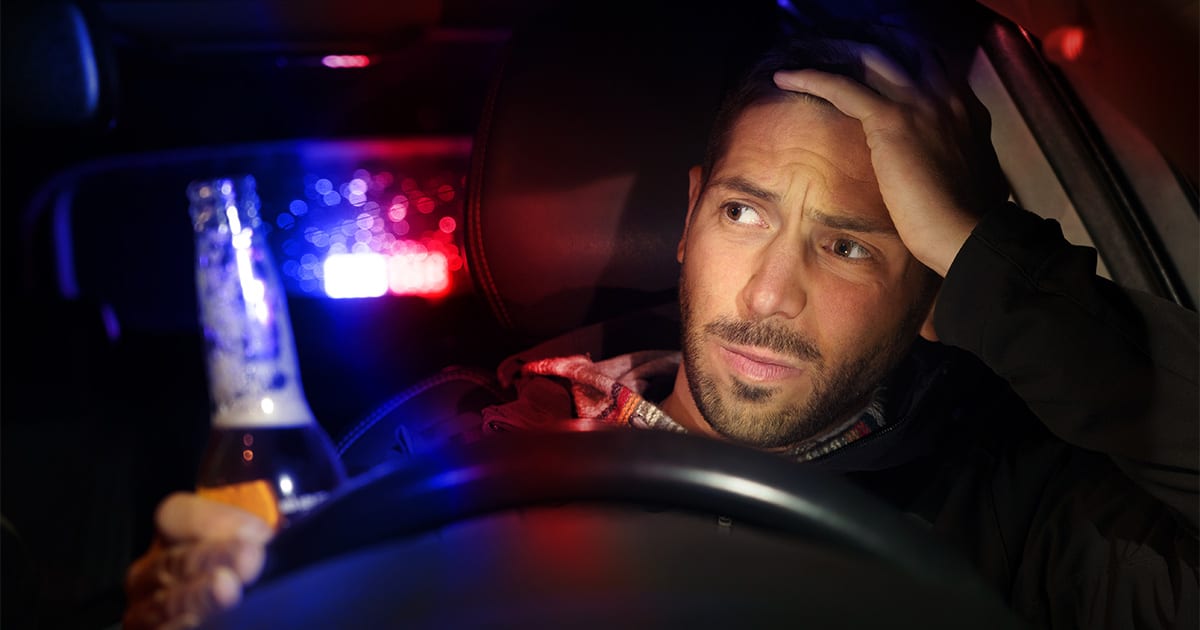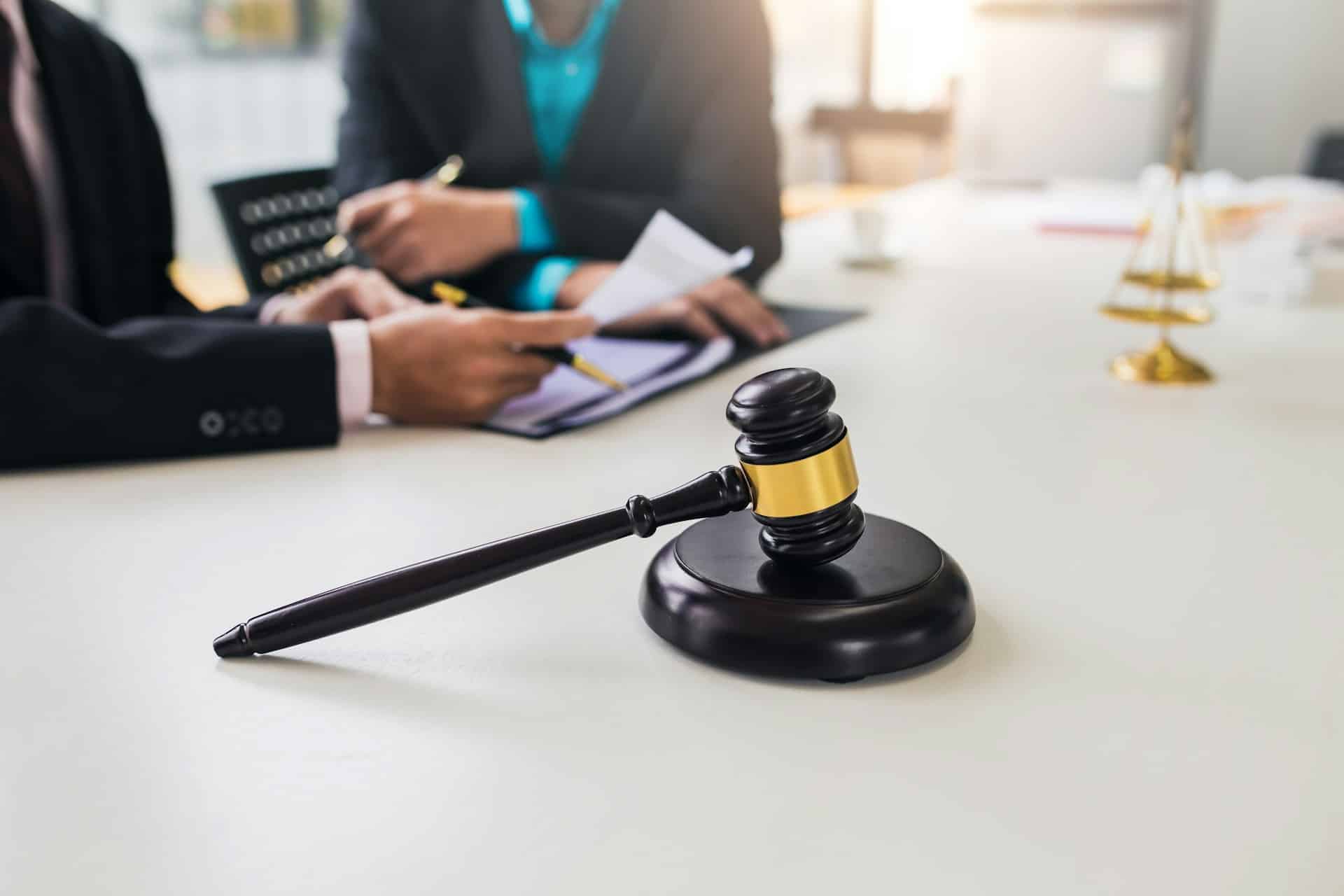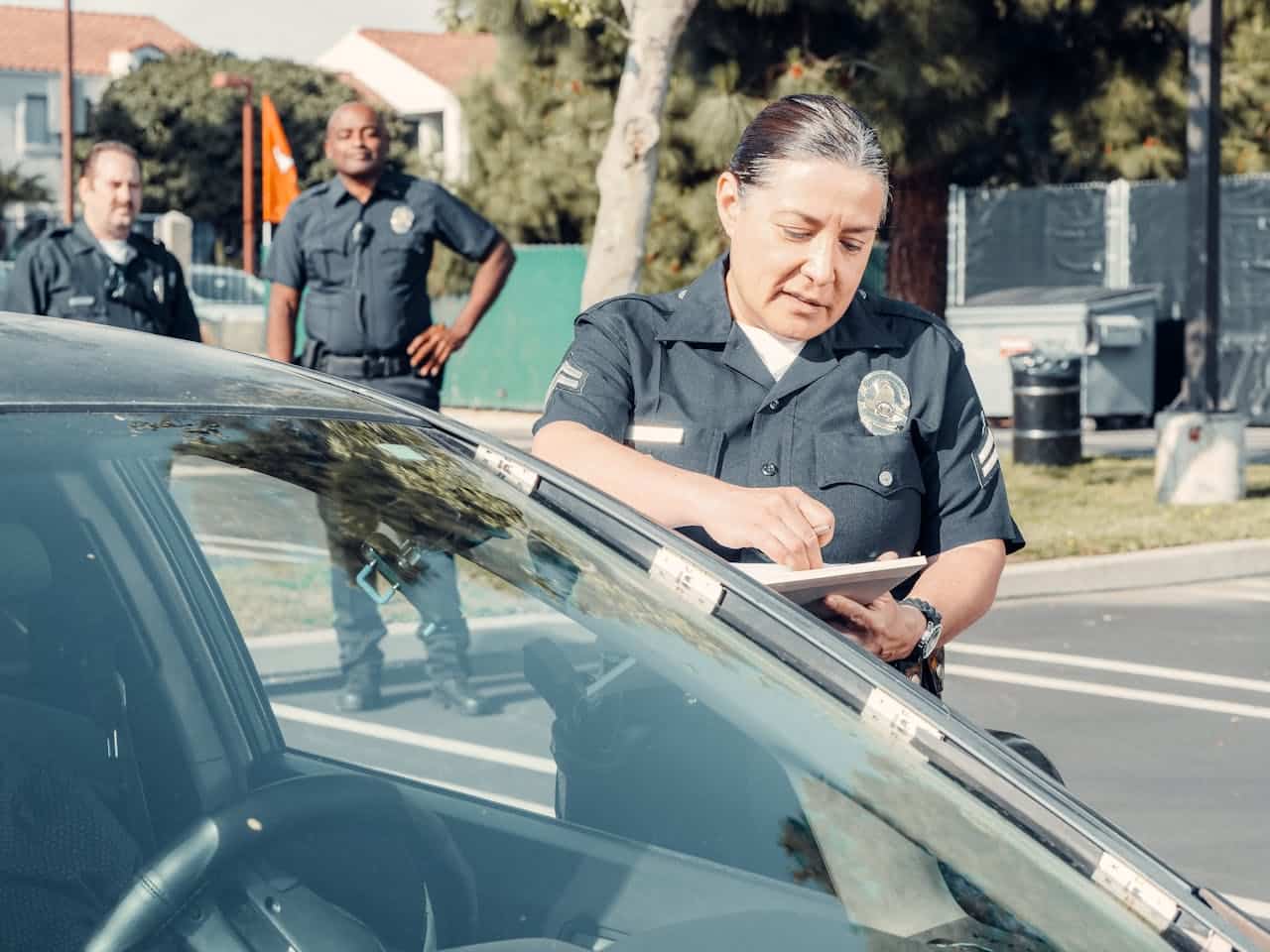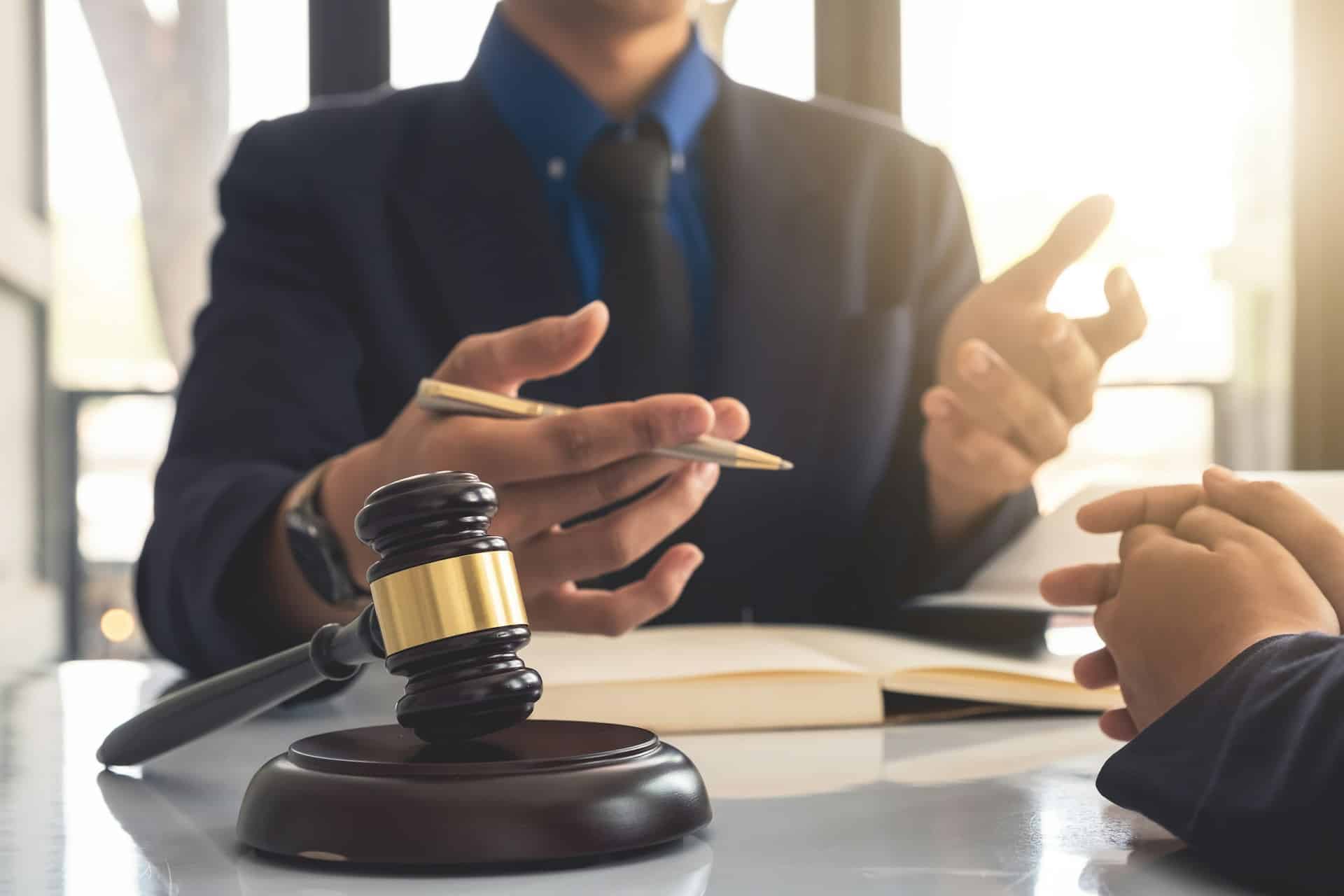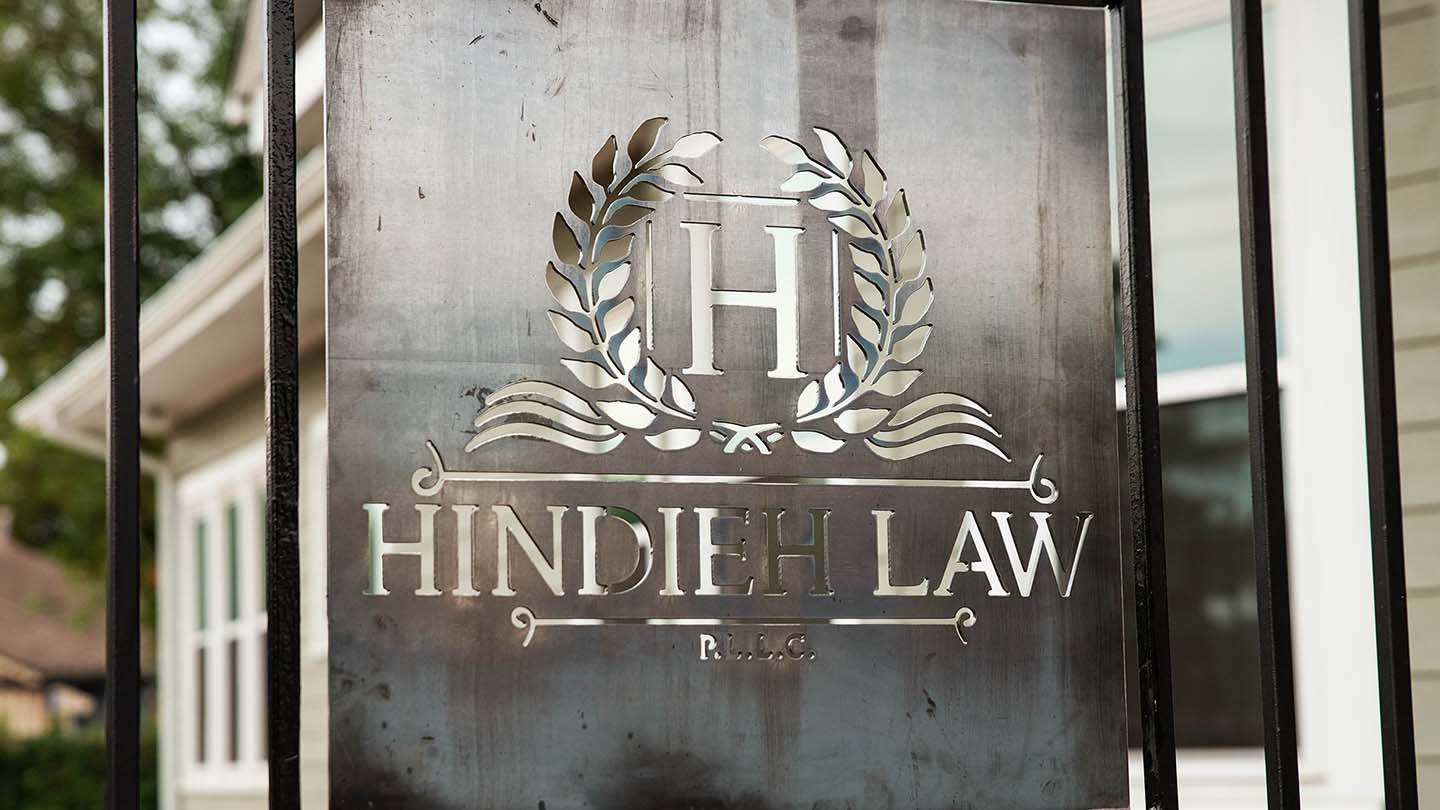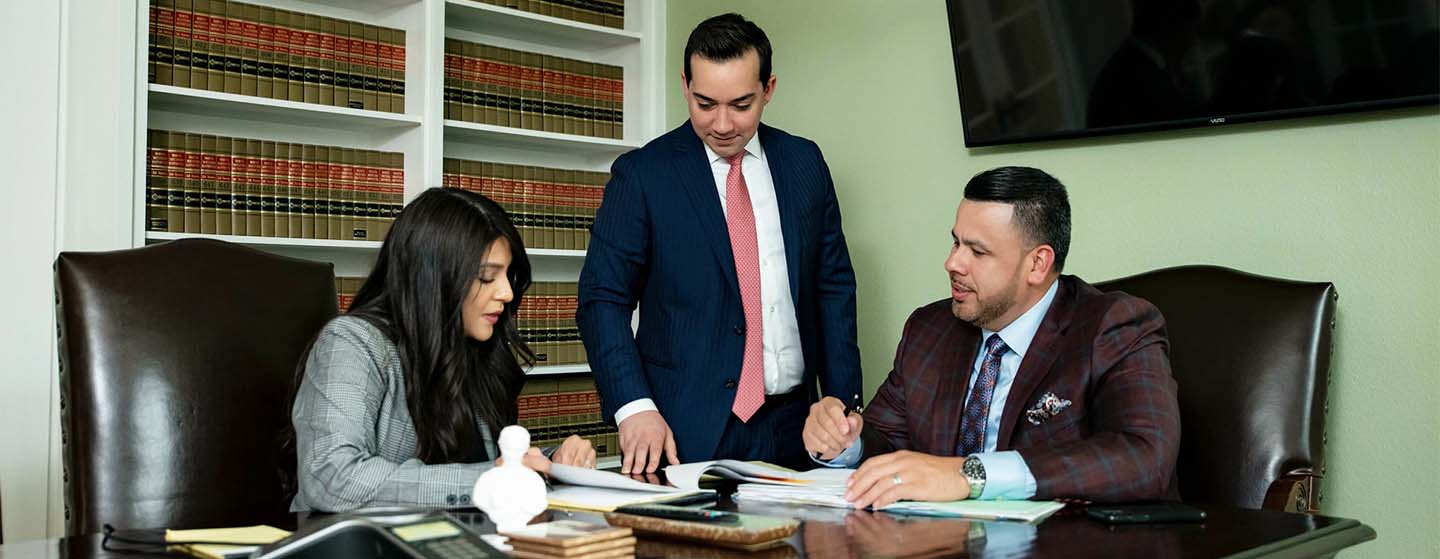Learn and investigate your options on what to do and what to expect after a drunk driving arrest (DWI & DUI arrest) in Texas.
People are frequently aware that the police perform field sobriety tests, such as having someone walk in a straight line or breathe into a Breathalyzer machine, when someone is stopped for driving under the influence. Many people are aware of these arrest procedure procedures; however, they might not be aware of what happens after a drunk driving arrest.
What Takes Place After a Drunk Driving Arrest?
First-time DWI offenders frequently have no idea what to anticipate following their drunk driving arrest. In Texas, actions are taken after the first drunk driving arrest, such as:
- Police Station Visit-You will be taken to the police station for processing once you have been arrested for DUI, DWI, or driving while intoxicated.
- Booking, fingerprinting, and mugshots – At the station, your personal information will be recorded, and as part of the processing of your arrest, you will also be fingerprinted and photographed.
- Court Date Setting and opportunity to post bail or bond – A magistrate judge will decide whether you qualify for bail based on your criminal record and the gravity of the occurrence. The amount will subsequently be decided by the magistrate judge. You ought to be able to return home if you can make a cash payment or put up some sort of collateral. Your appearance in court at your scheduled court hearing is guaranteed by the cash or collateral you provide. If you don’t have legal status, ICE may place a hold on your release; if you pay the bond, ICE will release you. Before posting the bail, it’s crucial that you get legal counsel from a qualified Criminal & Immigration attorney to discuss your case’s chances of success.
- Initial Court Appearance – At your initial court appearance, you will be required to enter a guilty or not-guilty plea. You must show up for the arraignment, although occasionally, your attorney can represent you.
- Announcement settings – Your counsel can bargain with the prosecutor and attempt to have the charges dropped or to have the sentence reduced as part of a plea bargain.
- Discovery-The prosecution will present the defense attorney with all of the evidence they have against the defendant during this phase, including the outcomes of any blood tests, dash or body camera footage, police records, witness interviews, and more.
- Plea bargain or trial setting – If you pleaded not guilty on your initial appearance, this hearing takes place. A decision will be made during this hearing regarding whether the matter will go to trial or whether a plea will be entered. The judge can also throw out the case
- Jury trial – Jury selection, opening and closing arguments, witnesses, proof, and jury deliberation are all included in this process.
- Sentencing – The court will decide the sentence, which may include an ignition interlock device, license suspension, jail time, fines, impoundment of your car, and classes and treatment programs.
Penalties for a First Offense of DWI
A DWI drunk driving arrest can result in additional penalties beyond fines and detention, including as
- Your vehicle or license plates being impounded
- Revocation or suspension of a license
- Driving restrictions, such as the inability to drive anywhere but to work
- The necessity to take part in a program for substance abuse counseling
- Hours of community service
- Installing a steering-wheel-mounted ignition interlock device
- Implications of immigration
The best way to defend yourself against charges in drunk driving arrest is to speak with a competent DWI lawyer.
Locating a DWI Lawyer for Drunk Driving Arrest
A criminal defense attorney should be consulted as quickly as feasible. Even if the state has designated an attorney for you, our knowledgeable DWI lawyers can help you with the next move. Following the drunk driving arrest, you will have to deal not only with legal repercussions but also with issues involving your license. Our criminal defense lawyers will be able to help you navigate the legal system and maintain a clear criminal record. Get in touch with 214 Release: Hindieh Law right away to schedule a free DWI attorney consultation.
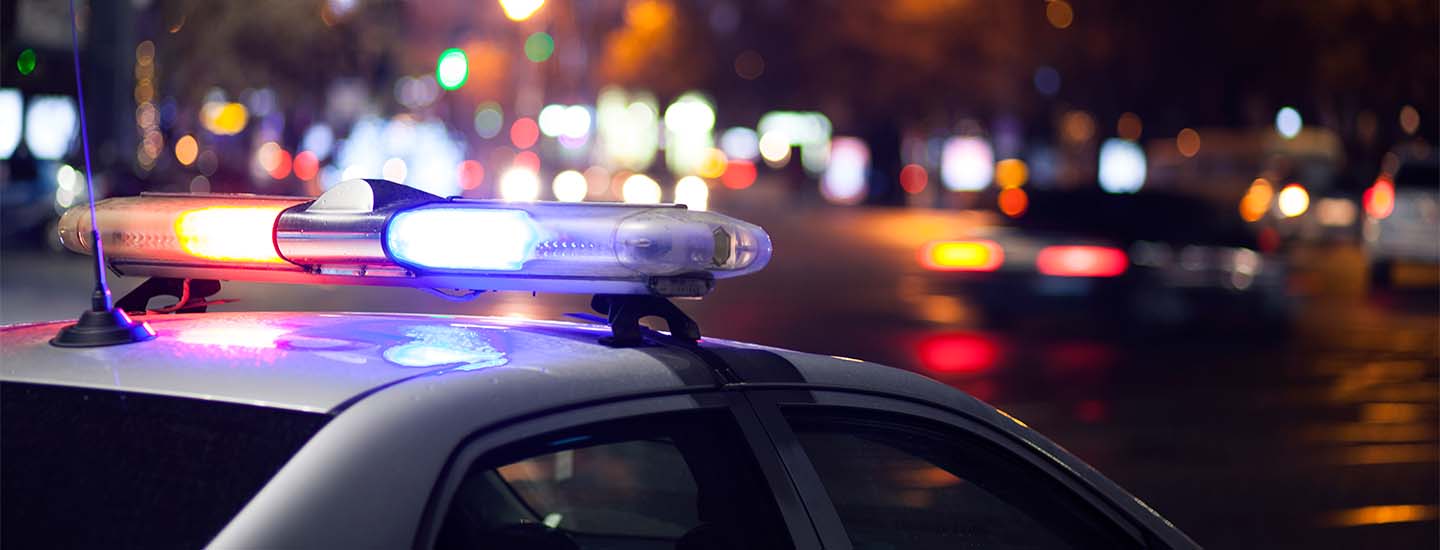
What To Do if You Have Been Stopped on Suspicion of DWI?
Am I allowed to refuse to take a field sobriety test?
When a police officer pulls you over and suspects that you might be intoxicated, they might ask you to take a breathalyzer test and a series of field sobriety tests. The purpose of the standardized field sobriety tests is to look for indications that the driver is intoxicated and incapable of properly operating a vehicle. A field sobriety test might involve:
- Test for horizontal gaze nystagmus (HGN)
- Test of one-leg standing
- The “walk-and-turn test”
A breathalyzer provides a rough estimate of your blood alcohol content (BAC) to see if you could be over the legal limit. The findings of the field sobriety tests and Breathalyzer tests will be noted in the police report and may be used to support an arrest by law enforcement.
You have the option to reject both a roadside breathalyzer and a field sobriety test. Even though the cops make it sound like it will, refusing these tests won’t be used against you. Law enforcement officials can still make a drunk driving arrest with or without field testing, even though these tests are frequently erroneous
If the motorist is arrested and refuses to submit to a blood test, a warrant will be issued, and the police will draw blood to determine the driver’s blood alcohol level. Typically, these blood samples are taken at the police station or a nearby hospital, then delivered to the district attorney’s lab for analysis. This test evidence may be utilized in court to convict you.
Even if you are sober, you could face consequences, such as having your license suspended or revoked, if you refuse to provide a breath or blood sample after being arrested.
Penalties for a First Offense of DWI
Even for a first-offender, each drunk driving case is different and carries a different set of punishments. A non-injury drunk driving conviction will typically result in
- A mandatory minimum of days behind bars
- Penalties and court costs
- Probation
- A device for ignition interlock (IID)
- A limited permit
- An expired license
- Participating in a program for alcohol abuse
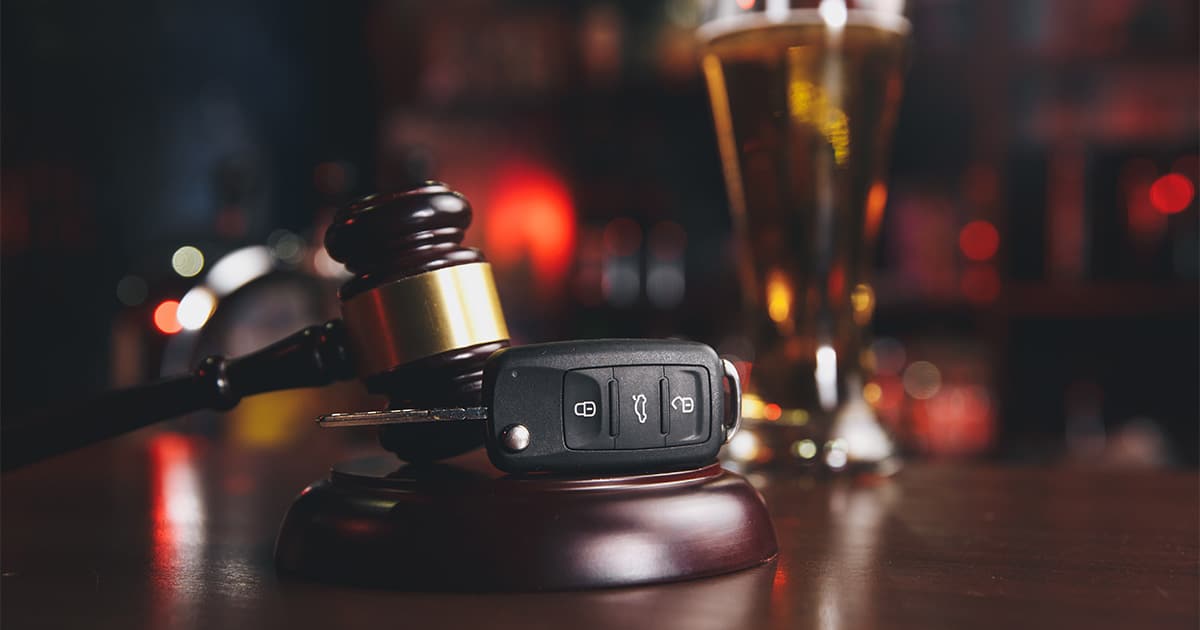
What Penalties Apply if Someone Gets Hurt or Killed While Driving While Intoxicated?
Criminal charges for a deadly DWI or major injury DWI accident are upgraded to felonies for drunk driving. A conviction brings heavier consequences as a felony, such as months or years in prison. You could be prosecuted with felony manslaughter, which carries a potential life sentence in prison if someone is killed during the event.
Prison Time and Fines for DWI Convictions in Texas
The amount of alcohol in your blood or the number of prior offenses you have will largely determine the minimum and maximum jail time and fines you’ll receive for a DWI conviction in Texas. Here are the potential penalties for a first, second, and third DWI conviction in terms of jail time and fines.
1st Offense:
- Class B Misdemeanor
- Jail time Up to 6 months in jail & 1 year maximum for BAC of .15% or more
- Fine not to exceed $2,000.00 or $6,000.00 if BAC of .15 or more
2nd Offense
- Class A Misdemeanor
- Jail time Up to 1 year in jail
- Fine not to exceed $4,000.00
3rd Offense
- State Jail time Felony
- Jail time 2 to 1 years
- Fine not to exceed $10,000.00
For DWI/DUI, certain states have a “wash-out” (or “look-back”) period after which convictions for drunk driving are no longer considered priors. A DWI conviction, however, does not have a wash-out period in Texas, which means it counts as a prior conviction and remains on your record indefinitely.
Texas DWI license suspensions
Any driver in Texas who is found guilty of a DWI will have their license suspended. The following are the potential suspension times for a first, second, and third DWI.
First offense – 90 to 365 days
Second offense – 180 days to 2 years
Third offense – 180 days to 2 years
Most offenders will be qualified for an “occupational license” for at least a portion of the suspension, allowing them to drive to and from locations like work and school.
Schedule a Free Initial Consultation with Hindieh Law DWI Attorneys
Remember that an arrest does not mean that you are guilty. It is only the beginning of the case, there are many possible defenses for these types of cases. We have successfully represented thousands of DWI cases in the state of Texas, and we have the necessary resources and tools to protect your rights.
That’s why you need an experienced DWI attorney to represent you, weigh in all the evidence, and defend your rights. Our criminal defense team is comprised of former state and federal prosecutors and experienced attorneys who have successfully handled over 1,000s of DWI and DUI cases
At 214 Release: Hindieh Law, PLLC, our criminal defense attorney is highly knowledgeable and experienced with all aspects of criminal law. Hindieh Law defends its primarily Hispanic and Latino clients against drug charges, violent crime charges, alcohol violations, protective order violations, and all other misdemeanor and felony charges, including crimmigration.
Contact us right now at Call 214.960.1458 for a free consultation.
